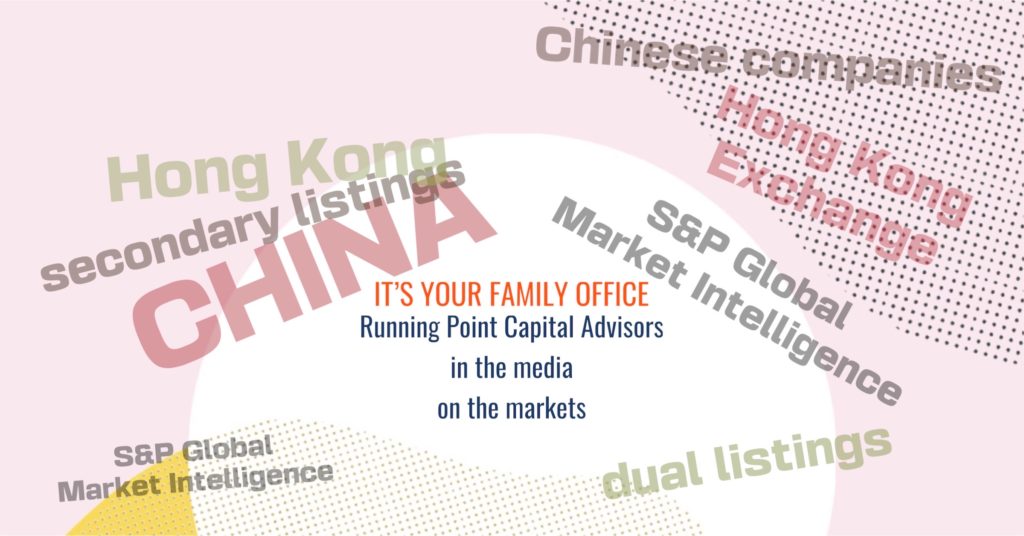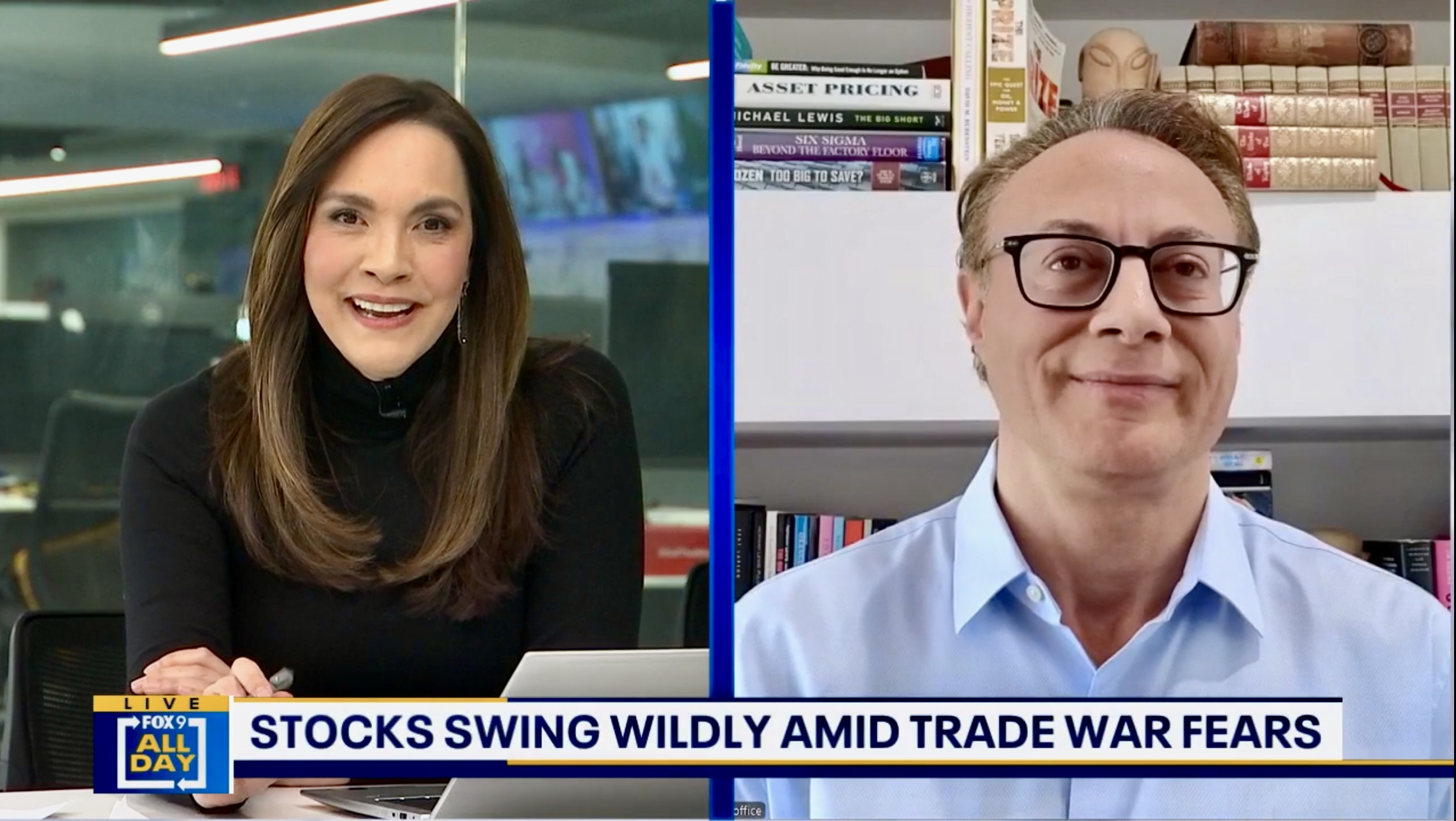Greater financial transparency does not eliminate the risk of potential U.S. delistings!
Running Point and its chief investment officer, Michael Ashley Schulman, CFA, were quoted by S&P Global Market Intelligence in an article — by Priyanka Boghani and Umer Khan, “Dual Hong Kong listings still attractive to US-listed Chinese TMT companies” — regarding whether an agreement to allow U.S. scrutiny of Chinese accounting firms would stop Chinese technology, media, and telecom (TMT) companies primarily listed and trading on U.S. exchanges from seeking dual listings in Hong Kong.
Will Chinese companies opt for a dual listing? Probably yes!
Allowing U.S. regulators to inspect the Hong Kong and China-based accounting firms that audit U.S.-listed companies should provide confidence and comfort as long as account practices are not called into question and the two sides stick to a relatively similar interpretation and implementation of the audit deal. As the SEC said in their official statement, “The proof will be in the pudding. While important, this framework is merely a step in the process. This agreement will be meaningful only if the PCAOB [Public Company Accounting Oversight Board] actually can inspect and investigate completely audit firms in China.”
A lot depends on the regulatory tightening cycle or intensity, nonetheless, the Stock Connect program to access mainland China investors is attractive for those companies willing to jump through the extra hoops (rules and regulations) and expenses of a dual primary listing.
At the beginning of the year, the Hong Kong Exchange (HKEX) announced new and more flexible listing rules for overseas companies desiring dual-primary or secondary listings and clarified various routes for converting a secondary listing to a primary listing. I believe for each company that seeks a dual listing, much of their decision will be based on expense and regulatory oversight. Secondary listings are simpler and subject to less stringent regulation by HKEX than primary listings because the companies are mainly regulated by the rules and regulations of their primary listing.
Undoubtedly, Blackrock, Vanguard, Invesco, and State Street are amongst the largest direct and indirect investors in U.S.-listed Chinese telecom, media, and technology (TMT) companies. If many Chinese TMT companies are delisted from U.S. exchanges, I believe that most of the funds that hold ownership will rebuy stakes in the foreign listings of those companies. If you look at many of the mutual funds and exchange traded funds (ETFs) already managed by these firms, they already hold numerous Hong Kong and China listed shares.
For American fund companies, the delisting of Chinese might be a bonus because individual and smaller institutional investors that had previously bought the American shares will now have to buy into the funds for simple sector exposure to those same names since most U.S. individuals cannot buy directly on the HK or China exchanges.
In addition to the aforementioned, combining the private label brands of Kroger and Albertsons could provide more of a challenge to large and small food and beverage companies as consumers seek cheaper alternatives in today’s rapid inflationary environment.
Quoted article excerpts are below:
“If the new China-U.S. deal gets finalized, I believe many Chinese companies will seek secondary listings in Hong Kong in order to diversify their investor base and fortify their capital structure in case rules change again in the future,” said Michael Ashley Schulman, chief investment officer of multifamily wealth management office Running Point Capital Advisors.
“It is an attractive option for companies willing to jump through the extra hoops and expenses of a dual primary listing,” said Running Point Capital’s Schulman.
Companies that do not meet the Hong Kong exchange’s minimum requirements for a secondary or dual primary listing in terms of revenue, net profit or operating cash flow — such as cloud company Kingsoft Cloud Holdings Ltd., livestreaming platform HUYA Inc. and used car e-commerce service Uxin Ltd. — will stay listed in the U.S., according to Schulman.

Disclosure: The opinions expressed are those of Running Point Capital Advisors, LLC (Running Point) and are subject to change without notice. The opinions referenced are as of the date of publication, may be modified due to changes in the market or economic conditions, and may not necessarily come to pass. Forward-looking statements cannot be guaranteed. Running Point is an investment adviser registered with the U.S. Securities and Exchange Commission. Registration does not imply a certain level of skill or training. More information about Running Point’s investment advisory services and fees can be found in its Form ADV Part 2, which is available upon request. RP-22-62


